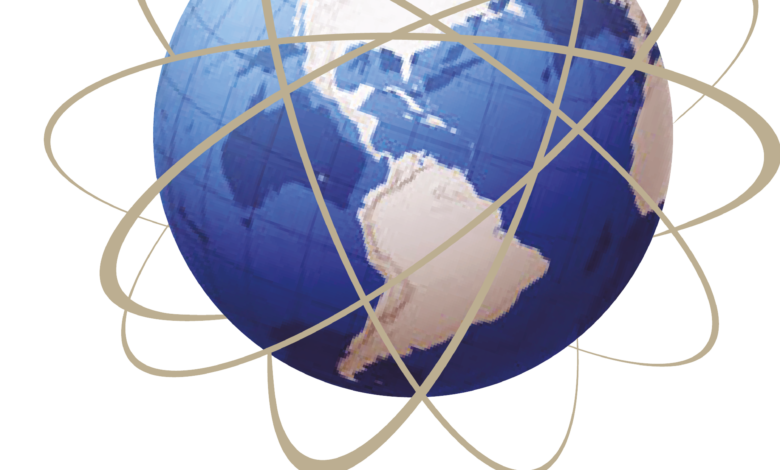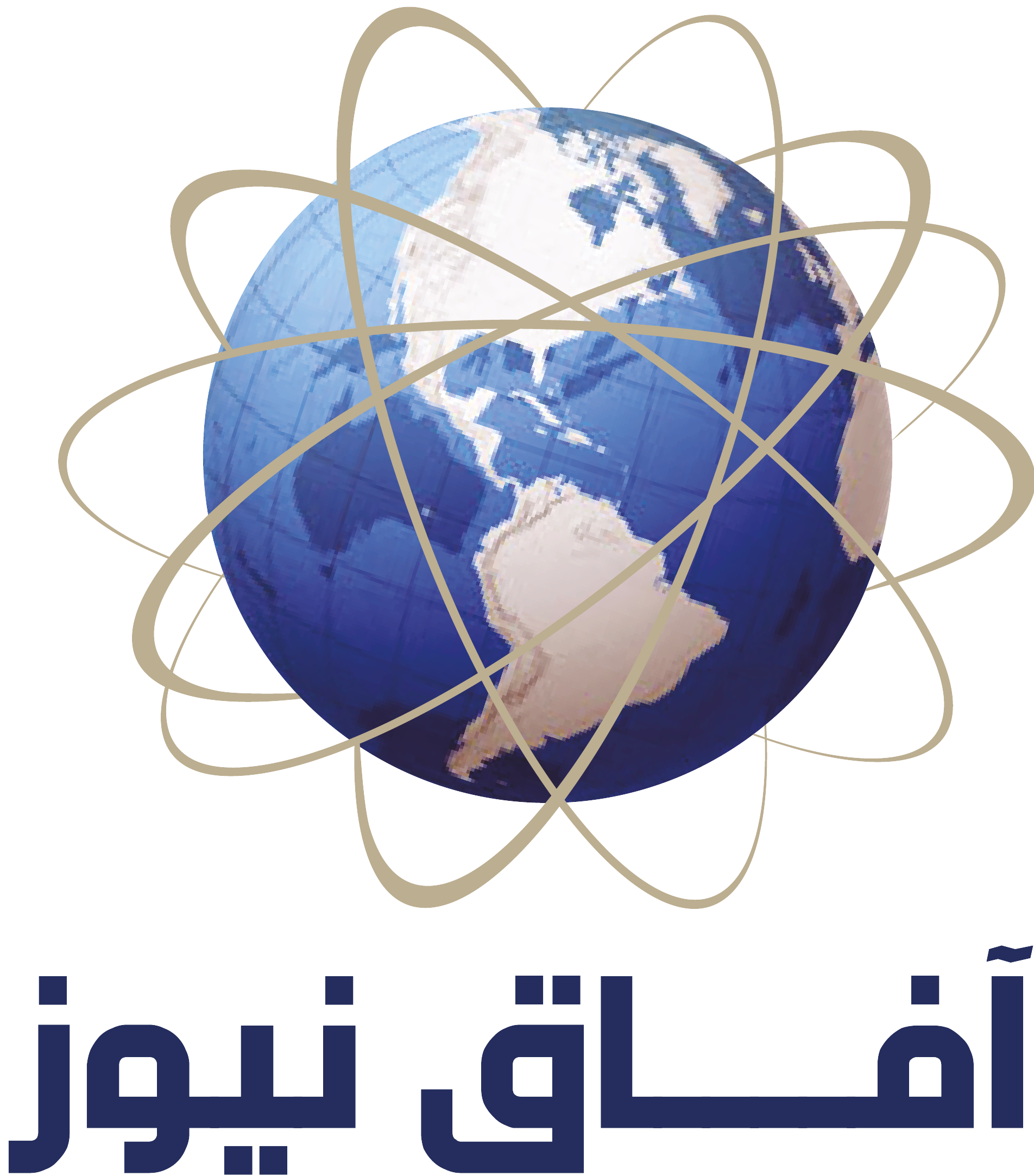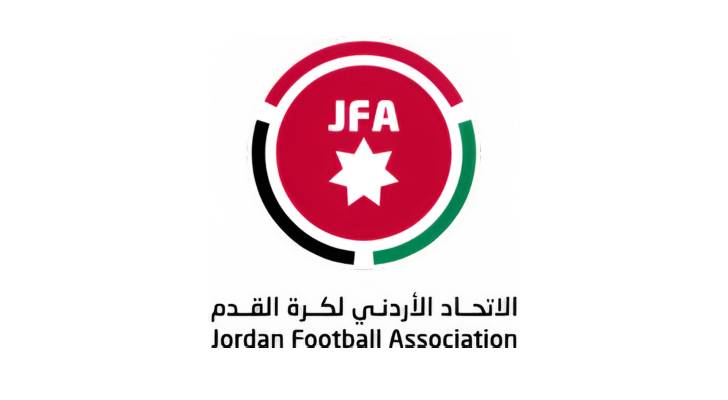
Modi and Macron commit to expand defense ties
Following Prime Minister Narendra Modi’s two-day visit to Paris, India and France unveiled a 25-year roadmap to deepen their strategic partnership on Friday night. In a joint statement, New Delhi and Paris outlined the course for bilateral relations up to 2047, with a focus on the defense sector, aviation, technology, and energy.
Addressing a joint press conference at the Elysee Palace on Friday with President Emmanuel Macron, Modi said that France is an important partner in the ‘Make in India’ and ‘Self-Reliant India’ initiatives and that defense ties have always been the foundation of relations between the two countries. “This is a symbol of the deep trust between the two nations… Be it submarines or Indian Naval ships, together we want to fulfill not just ours but also the requirements of other friendly countries,” he said.
The Indian leader on Saturday described his visit to France as memorable. “It was made even more special because I got the opportunity to take part in the Bastille Day celebrations. Seeing the Indian contingent get a pride of place in the parade was wonderful!” Modi tweeted.
In the joint statement, India and France outlined their intention to work together “in the interest of international peace and stability” and “reaffirmed their commitment to a rules-based order in the Indo-Pacific and beyond.”
Noting that France is one of India’s key partners in the development of its indigenous defense industrial and technological base, the countries reaffirmed their commitment to cooperate in the co-development and co-production of advanced defense technologies.
In a major development, New Delhi and Paris announced the extension of cooperation in advanced aeronautical technologies by supporting the joint development of a combat aircraft engine for the Indian Multi Role Helicopter program with French company Safran. The two countries also noted that they are working towards adopting a roadmap on defense industrial cooperation, while New Delhi announced it is setting up a technical office of its Defence Research and Development Organisation at the Indian Embassy in Paris.
However, the two big-ticket defense deals estimated at around $10 billion were not mentioned in the statement. Despite India’s Defence Acquisition Council having issued a preliminary approval for the purchase of 26 Rafale-M fighter jets for the Indian Navy and three diesel-electric Scorpene-class submarines on July 13, just as Modi headed out to Paris, no announcement regarding these deals was made by the leaders.
The joint statement welcomed the earlier delivery of 36 Rafale fighter jets ordered by India for its Air Force and acknowledged “the success” of the joint submarine construction program known as Project 75 Kalvari-class, under which six submarines were built at Mumbai’s Mazagon dockyard. The two countries said they were “ready to explore more ambitious projects to develop the Indian submarine fleet and its performance.”
French defense major Dassault Aviation said on Friday that the Indian government “announced the selection of the Navy Rafale” to equip the Indian Navy. “Following an international competition launched by the Indian authorities, this decision comes after a successful trial campaign held in India, during which the Navy Rafale demonstrated that it fully met the Indian Navy’s operational requirements and was perfectly suited to the specificities of its aircraft carrier,” the company said in a statement.
Other key takeaways from the statement include strengthening partnership in space cooperation, counter-terrorism, critical technology and civil aviation, cyberspace, and the transition towards a low carbon economy. The statement notes that India and France “share the conviction that sustainable solutions in the fight against climate change include the use of nuclear energy.”
The countries noted “the progress” made during discussions on the proposed Jaitapur Nuclear Power Project in the state of Maharashtra and welcomed the proposal of EDF, the French state-owned multinational electric utility, for the training of nuclear engineers and technicians from India for projects with French third generation pressurized water EPR reactors.








